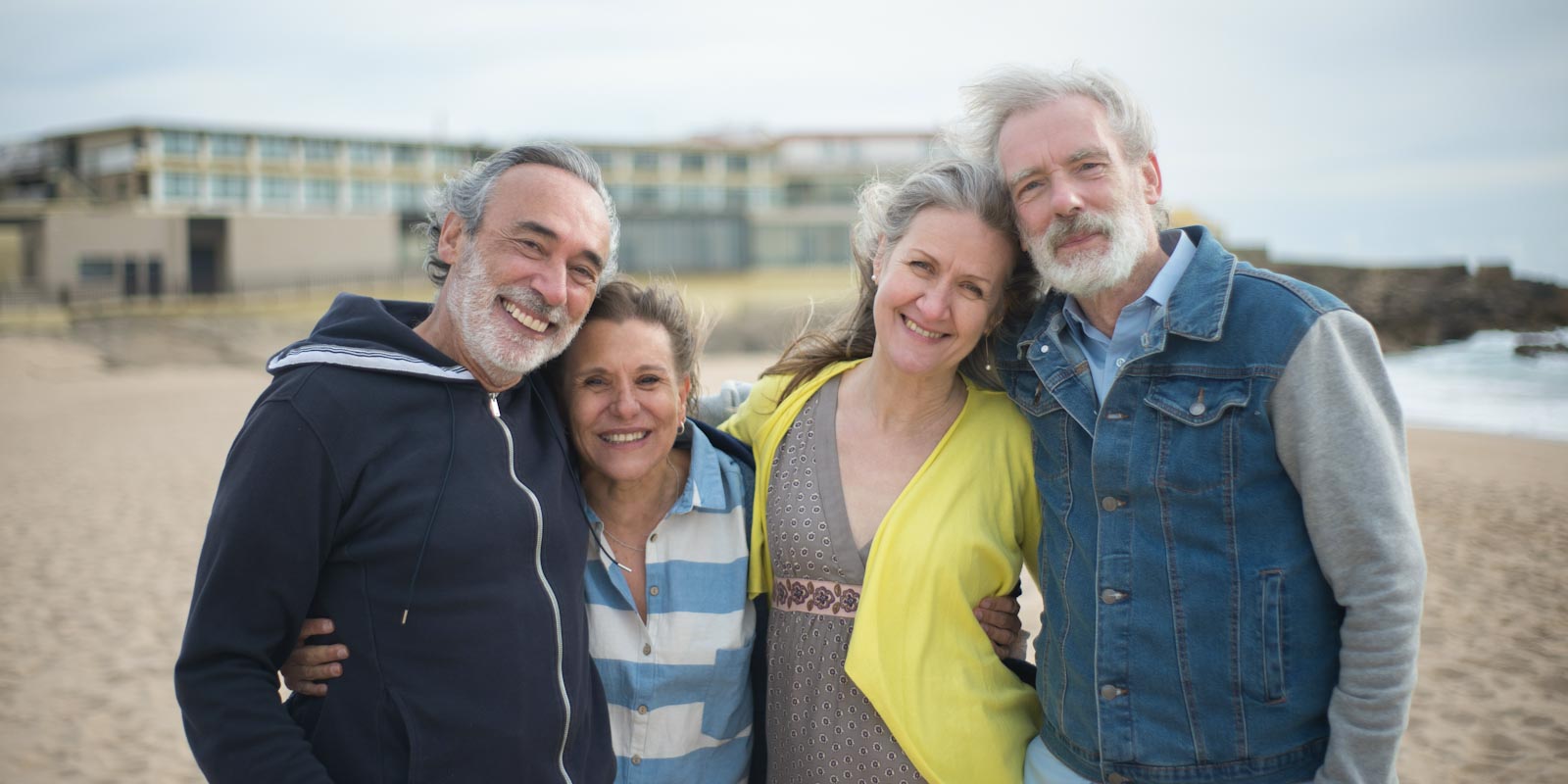
Some children are interested in what it is like to be an adult. They see grown-ups do seemingly impossible things: drive cars, pay for shopping, climb tall ladders, stay up late, and make their own rules. Children may believe that adults have a lot of power and freedom.
Adults can also represent safety and security. Children may seek a trusted adult when they need support.
Early childhood educators can help children learn about different adults in their community and what it means to be an adult. They can learn about:
- age
- being a child
- and growing up into an adult.
EYLF learning outcomes
This topic connects with the Early Years Learning Framework. When children learn about the different adults in their community, they can:
- connect with a wide range of people (4.4)
- feel safe, secure and supported (1.1)
- and become strong in their social and emotional wellbeing (3.1).
Learning experiences
Pretend to be an adult
Use role play to help children experience other people's lives in a safe environment. Provide costumes and props that relate to the types of adults the children are interested in. Include real-life, adult-sized clothing:
- Business shirts.
- Long adult-sized skirts.
- Large, heavy handbags with lots of pockets.
- Lanyards with ID holders.
- Sets of old keys.
Identify trusted adults
Make a list of trusted adults who children can ask for help. This list will differ for each child but may include teachers, family members, friends, and emergency service workers. Trusted adults are responsible and make children feel safe and secure.
Draw life as an adult
Ask children to draw a picture of their life in the future. Talk to them about the person they want to become.
Conduct a survey
Help children write a list of questions about being an adult (e.g. what do you like about being grown up?). They can then ask various staff members to answer these questions. Help the children to write down and compare their answers.
Learning environments
Provide toys featuring grown-ups
Many early learning toys (e.g. puzzles, flash cards, memory games and human figurines) feature adult community members. These people might be at work, be part of a family, or represent a minority. Add these to your learning environment.
Discussions
- When you are an adult, what will you miss about being a child?
- Do you want to be an adult? Why? Why not?
- What does responsibility mean? What responsibilities do adults have?
- Did you know adults make mistakes and learn new things too?
- Which adults can you ask to help you?
- Which grown-ups can you trust?
